RIGHTS OF OWNER’S OF UNREGISTERED TRADEMARK IN INDIA
In India, similar to other jurisdictions, unregistered trademark owners also have certain rights under common law to protect their enregistered marks. These rights are primarily based on prior use of the mark in commerce and can provide some level of protection against unauthorized use by others. Here’s an overview of the rights for unregistered … Continue reading “RIGHTS OF OWNER’S OF UNREGISTERED TRADEMARK IN INDIA”

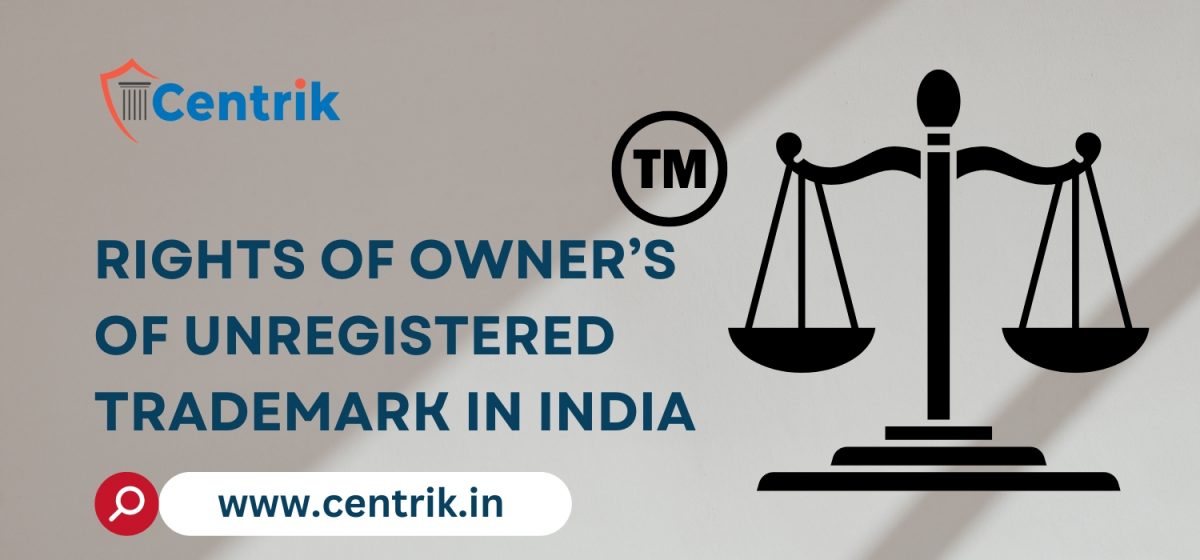



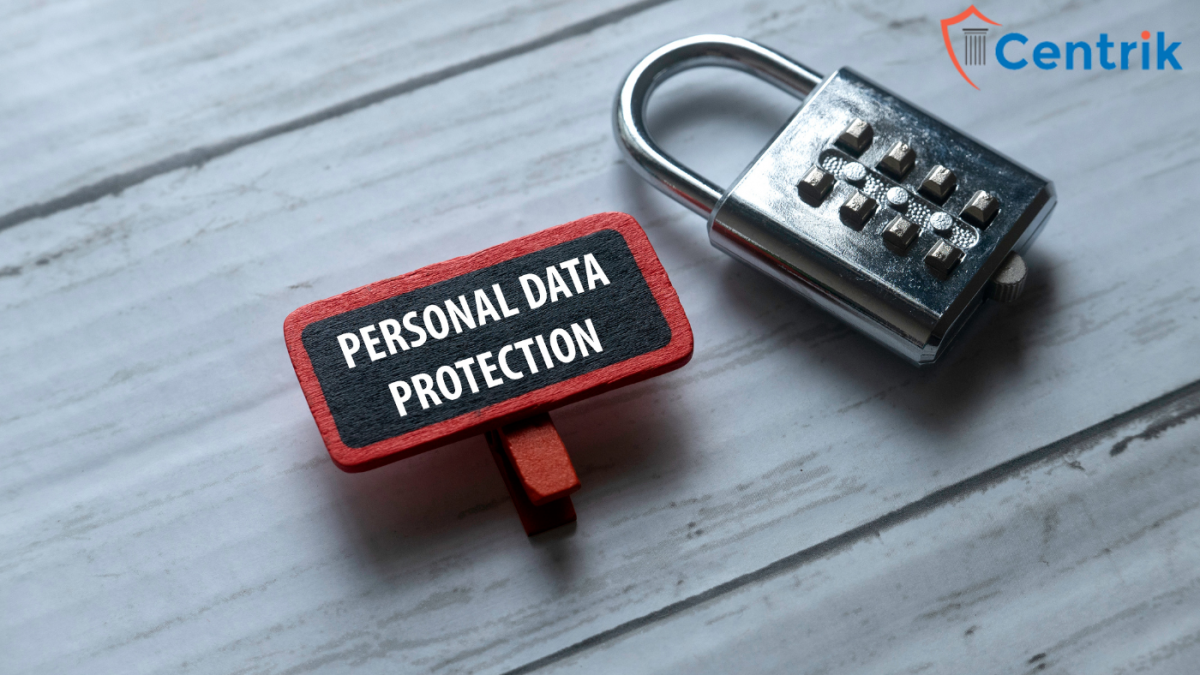
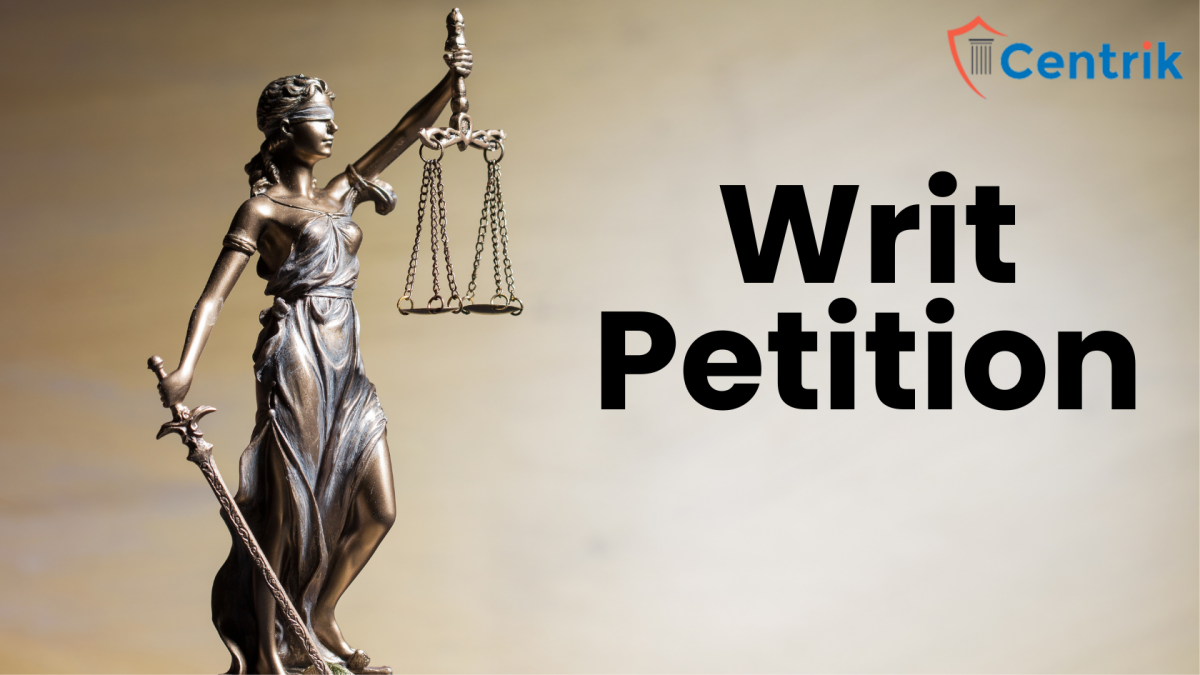
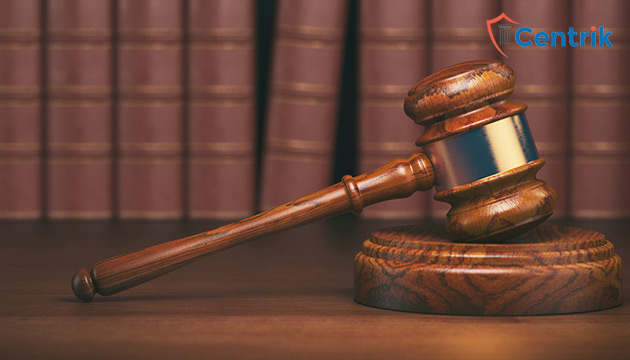
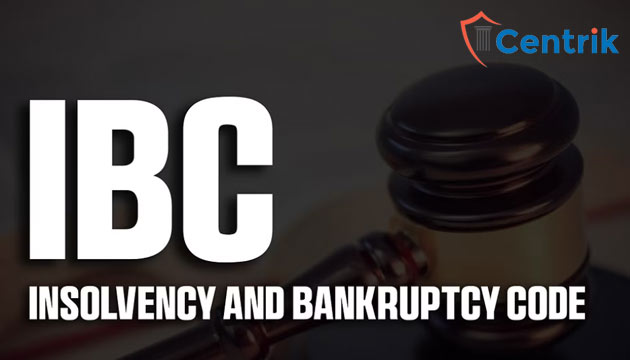
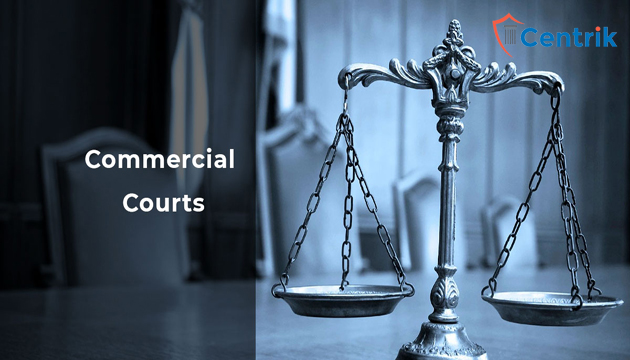
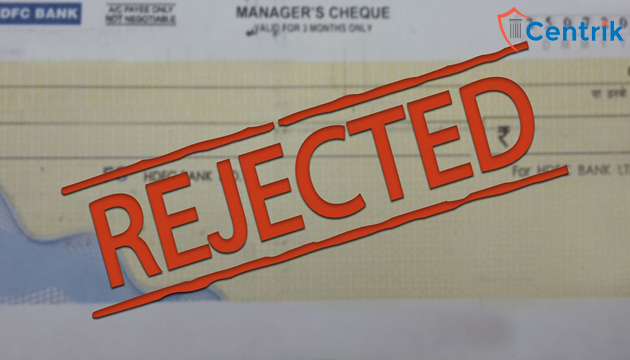
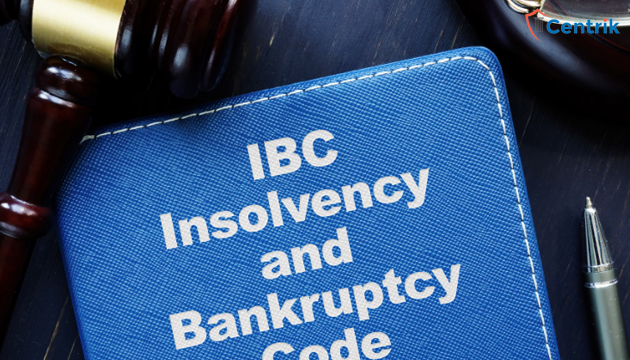

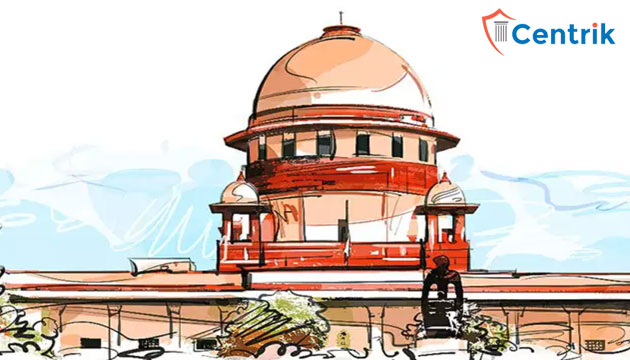
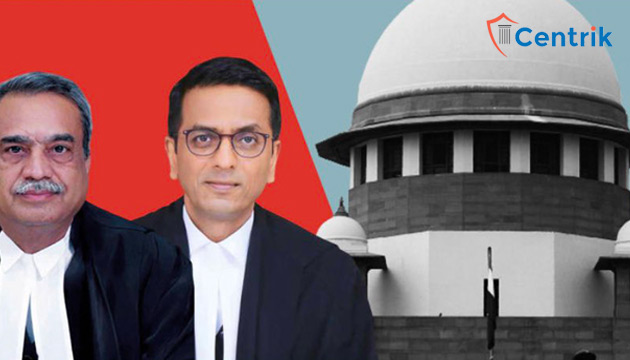

 join For Updates
join For Updates